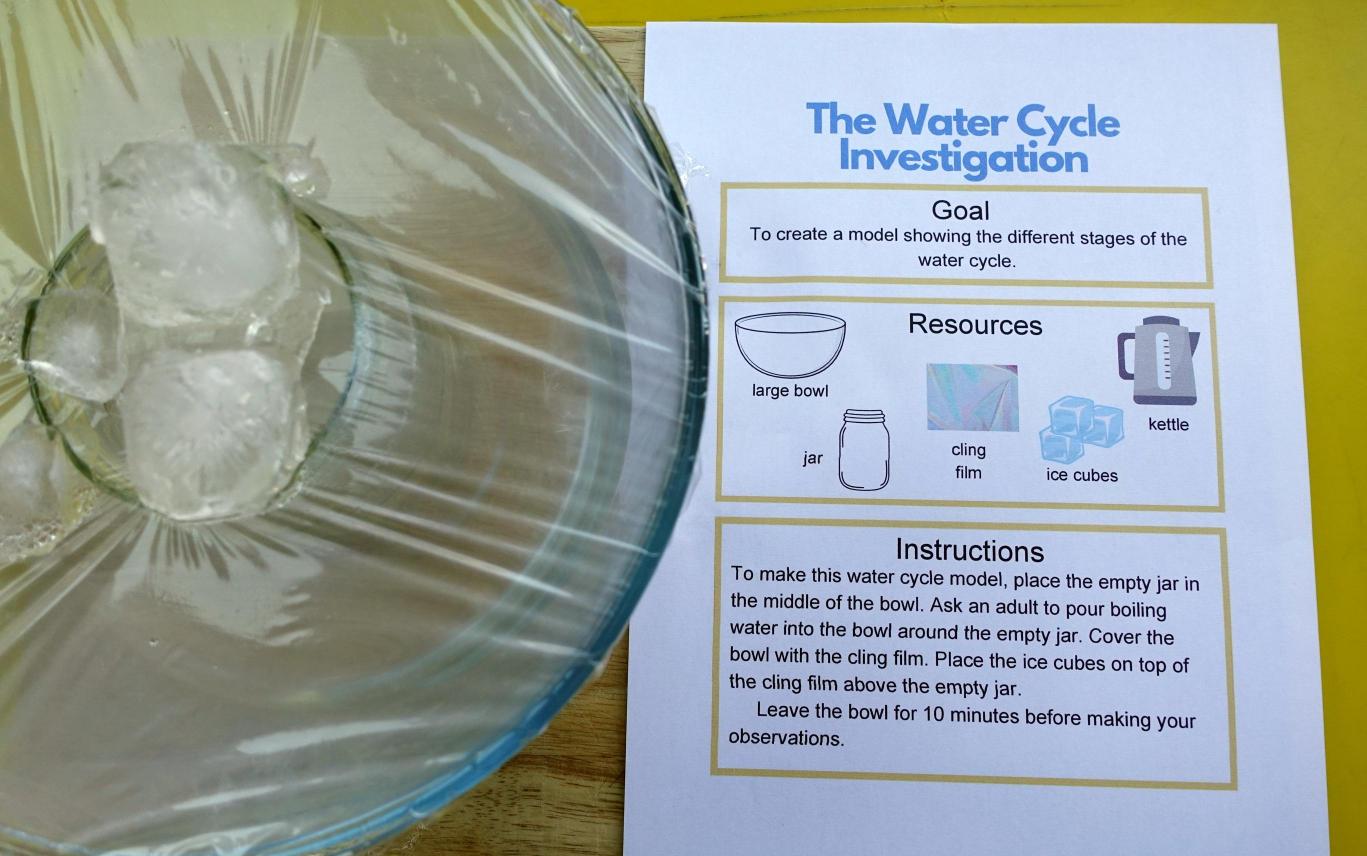Year 4 States of Matter Activities
Year 4 States of Matter Activities
PDF Content - no shipping
Couldn't load pickup availability
Explore the fascinating world of solids, liquids, and gases with this comprehensive Year 4 science pack!
This engaging resource brings the states of matter to life through hands-on investigations and experiments. Perfect for Year 4 learners, children will explore particle theory, changing states, and the properties of materials through practical science investigations.
What's Included:
- Identifying States of Matter - Classify materials as solids, liquids, or gases
- Properties Of Gas - Investigate the unique characteristics of gases through experiments
- States of Matter Particle Models - Understand how particles behave in different states
- Investigation: Measuring Temperature - Explore temperature and its role in changing states
- Changing State Recipes - Hands-on cooking activities demonstrating state changes
- Investigation: Melting Chocolate - Delicious experiment exploring melting and solidifying
- Melting Point Investigation - Compare melting points of different materials
- Investigating The Water Cycle - Explore evaporation and condensation in action
Learning Benefits:
- Supports Year 4 National Curriculum science objectives for states of matter
- Develops understanding of particle theory and how materials change state
- Builds knowledge of evaporation, condensation, melting, and freezing
- Integrates science with DT through cooking and practical experiments
- Encourages scientific enquiry and investigation skills
- Perfect for hands-on, memorable science learning
- Makes abstract particle theory concrete through practical activities
- Links to real-world processes like the water cycle
Ideal for: Teachers, home educators, and parents teaching Year 4 science and exploring states of matter with KS2 children.
Download instantly and discover the science of solids, liquids, and gases!









The Year 4 States of Matter science topic offers a comprehensive exploration of solids, liquids, and gases through a variety of engaging activities and investigations. Students will identify different states of matter, examine the properties of gases, and create particle models to understand the behavior of matter at a molecular level. The unit includes hands-on experiments such as measuring temperature changes, observing melting processes, and investigating the water cycle, providing students with practical experiences to reinforce their understanding of these fundamental concepts.
Thinking about full access? Get HOE+

Get full KS1 and KS2 access to Hands-On Education today!
Gold Annual Membership
Gain complete access to all our existing and future topics with this amazing all inclusive money saving option. For one low annual price of £65 or a monthly price of only £7. Get all key stage one and two topics today!








